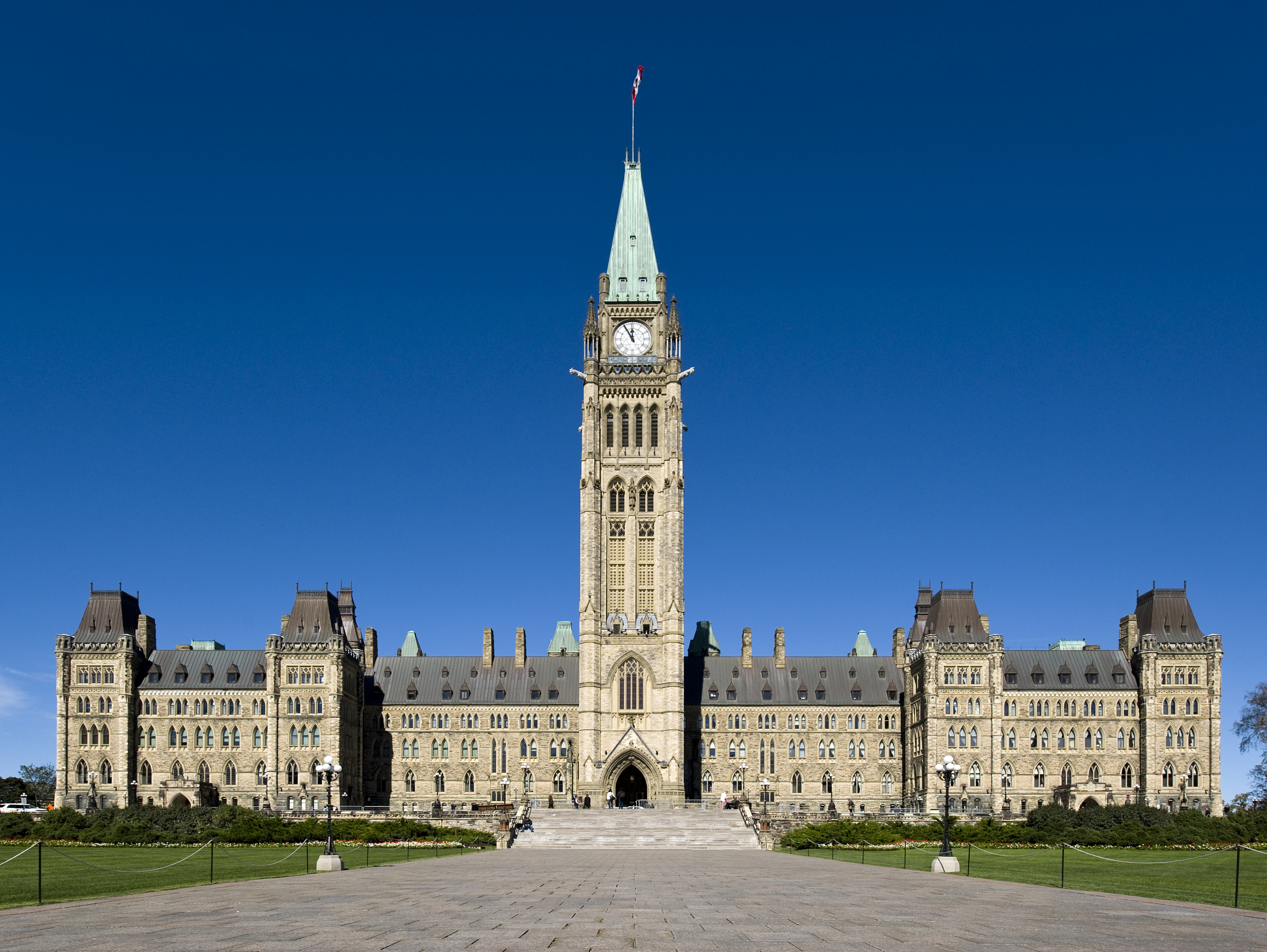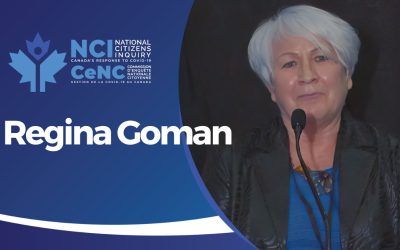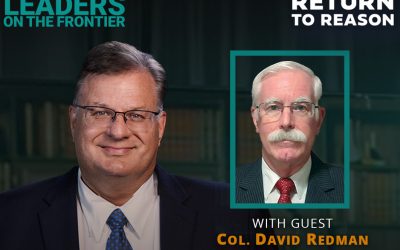Frontier Centre: President Putin’s program to reinvigorate the Russian economy is described as a “Strategy for Development”. What are its essential elements?
Andrei Illarionov: First of all, it is not a strategy and, secondly, it is not President Putin’s. Actually it is a plan adopted by the Russian government in July 2000. That plan has a number of points including tax reform, the restructuring of big government monopolies in the natural gas and electricity industries and the railways ministry, and also creating more order in the fiscal sphere and more freedom to establish and conduct business in Russia.
FC: The measures that strengthen the rule of law and enforcement of contracts as well as property rights — some regard these steps as necessary conditions of a Russian turnaround. Why weren’t they taken ten years ago?
AI: Such steps are impossible to implement only from above. Such steps can be the result of historical development of the whole society including the concerted efforts of the national authorities as well as the result of development of society itself.
FC: The search of an optimal size for government, that size which maximizes growth and living standards, is central to the Russian experience. Where’s the middle ground between too much government and too little government? What’s the ideal split between the public and private sectors?
AI: The ideal split between the government and the private sector is just to limit government to the three or four core functions of the government which are functions that cannot be performed efficiently by anybody else except the government, for example, the protection of property rights, the courts, conducting foreign policy, and so on. All the rest should be left to the private sector which should be allowed to do whatever the private sector can and wants to do.
FC: What is the optimal size of government?
AI: A number of studies show quite clearly that in developed countries, such as countries of the OECD, the optimum size of government is approximately between 20 and 22% of GDP.
FC: Should the government be running commercial enterprises?
AI: I don’t think so.
FC: Power companies?
AI: No.
FC: Auto insurance?
AI: The same story.
FC: How about hospitals?
AI: Not necessarily. There should be some kind of transition period to allow the transfer from the state sector to the private sector.
FC: How high have tax rates been over the last ten years? Have they come down at all?
AI: The overall taxation rate in Russia fell from approximately 40% of GDP in the late 80’s, to approximately 33% of GDP in the year 2000.
FC: The sale of state enterprises and revocation of the privileges they have are easier said than done. The debate about selling remaining state owned enterprises in Canada has been clouded by accounting systems that understate true production costs and exaggerate real benefits. Does Russia also have this challenge?
AI: First, I am not going to do anything in Canada and so it is better to leave such business to Canadians. However, I am going to try to get my fellow Russians to dismantle government monopolies in Russia.
FC: Diplomatic! Do you think that privatization of state owned enterprises should be subject to referendum?
AI: My personal view – first of all, this is perfectly the business of Manitobans – as for me, I do not share the view that it is the best possible economic policy.
FC: You have plans to reform the state pension system. This also concerns Canada because individual investment accounts have proven far superior to pay-as-you-go programs. How important will this recapitalization be for the Russian economy? Are you concerned about increases in the poverty level if current state pensions are reduced?
AI: According to many studies, the most impoverished strata of population in Russia are not pensioners but some mothers with kids. That is the first point. The second point is the current pay-as-you-go pension system is not sustainable in the long run and must be replaced somehow. In this case a private pension system is our best option.
FC: How do you respond to the criticism of the flat tax, that it benefits mainly the rich?
AI: Actually, I do not hear any reasonable criticism of the flat tax. I hear only some kind of brutalized opinion expressed by people who did not study economics.
FC: What is the case for the flat tax versus the progressive tax?
AI: It is actually the basic principle of applying the same economic goals toward different kind of businesses and different kinds of activities. It is the neutrality of government – it is the neutrality of government tax policy towards different types of businesses, towards different types of industries and different types of income received in different sectors. Therefore, it is a neutral policy that leads to a much more efficient allocation of resources in the economy.
FC: You are aiming for a rate of real economic growth of 8%. How realistic is that goal? Give us your best-case scenario for a Russian boom.
AI: Assuming that the economic program, which I envisage, is implemented, the Russian economy would grow with 8% annual growth in some period of time. That is why it would not be some kind of boom economy – just a normal economy under normal circumstances.
Read on PDF here.


